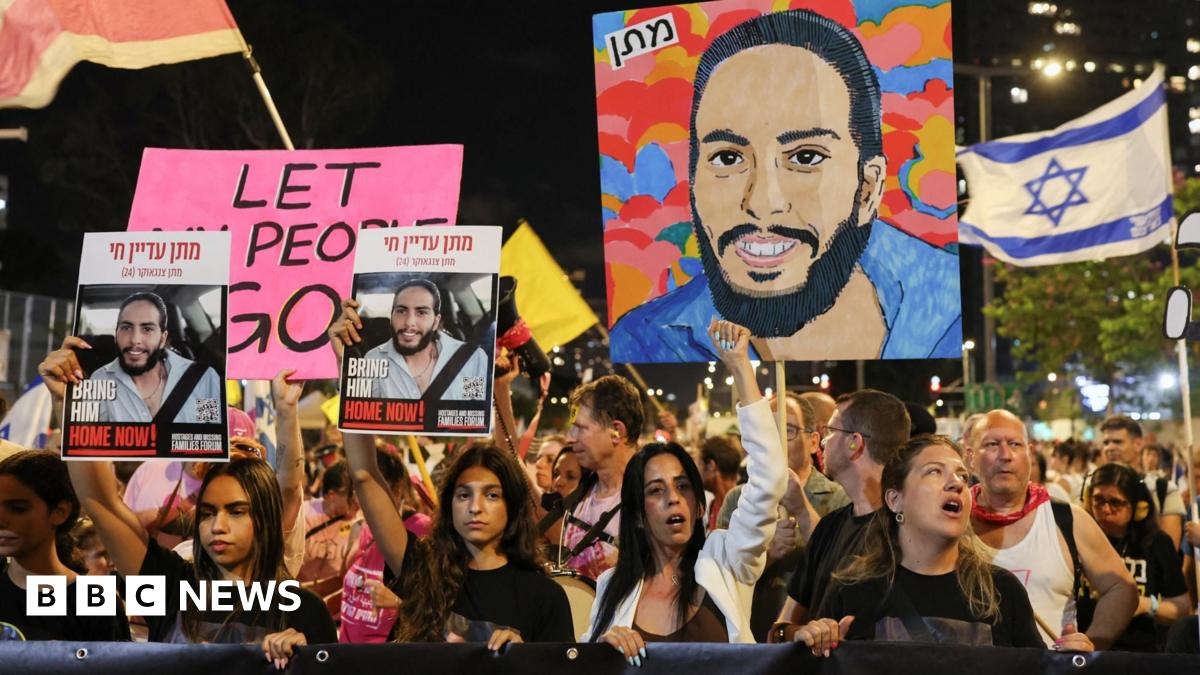Israel Withdraws Negotiators from Doha as Hamas Demands Release of Lifers
In a significant development in the ongoing conflict between Israel and Hamas, Israeli officials announced the recall of their negotiators from Doha, Qatar, amid escalating demands from Hamas for the release of more Palestinian prisoners. The militant group is specifically requesting the liberation of individuals serving life sentences, a move that has raised tensions as discussions surrounding a ceasefire and a hostage exchange continue. Although the Israeli government has emphasized that the talks have not collapsed, the situation remains precarious, heightening concerns in the region.
The backdrop to this diplomatic impasse lies in the fragile ceasefire that has intermittently held since the outbreak of violence in the region. Previous reports indicated that negotiations in Doha aimed to broker a more lasting peace and facilitate the release of hostages held by Hamas. However, the recent demands from the group for the release of prisoners convicted of serious crimes have complicated these discussions. The Israeli government, grappling with its own domestic pressures, is faced with a challenging balancing act: ensuring the safety of its citizens while navigating international diplomatic expectations.
Israeli officials have underscored the importance of their negotiation stance, asserting that any agreement must prioritize the security of the nation. “While we remain committed to dialogue, we cannot entertain demands that undermine our core values and security,” stated an unnamed official. This statement reflects a broader sentiment within Israel, where the release of prisoners, particularly those convicted of violent offenses, is a highly contentious issue. As the negotiations stall, the potential for renewed violence looms, with both sides remaining on high alert.

Image for Israel Withdraws Negotiators from Doha as Hamas Demands Release of Lifers
Experts have pointed out that this situation mirrors previous conflicts in the region where hostage negotiations have faltered due to unrealistic demands. Historical comparisons can be drawn to other instances of stalled peace talks, such as the negotiations surrounding the Gaza Strip in 2014, which ultimately failed to produce a lasting resolution. The current dynamics, complicated by both sides" hardline stances, suggest that without significant concessions or a change in approach, the cycle of violence may continue unabated. As previously reported, the geopolitical landscape remains fraught, with various actors influencing the dialogue, including Iran"s recent signals regarding nuclear negotiations with the U.S., which could further complicate matters in the Middle East.
The implications of Israel"s withdrawal from negotiations are profound, as it could lead to a deterioration of the already fragile ceasefire. Hamas, feeling emboldened by its demands, may resort to further violence if it perceives that the Israeli government is unwilling to engage meaningfully. Meanwhile, the international community watches closely, as any escalation could have ripple effects beyond the immediate region, affecting global diplomatic relations and security dynamics. The current standoff highlights the urgent need for effective mediation and renewed dialogue to prevent a return to full-scale conflict.
As the situation unfolds, the future remains uncertain. Both sides must navigate their internal pressures while also considering the broader implications of their actions. The path forward will likely require creative solutions and a willingness to compromise, something that has historically been difficult to achieve in this long-standing conflict. The world awaits further developments, hoping for a peaceful resolution that honors the rights and concerns of all parties involved.


![[Video] Heavy clashes and gunfire reported in Baghdad, Iraq](/_next/image?url=%2Fapi%2Fimage%2Fthumbnails%2Fthumbnail-1768342239932-848qsh-thumbnail.jpg&w=3840&q=75)




![[Video] Gunfire between Iraqi security forces and Sadr militias in Baghdad](/_next/image?url=%2Fapi%2Fimage%2Fthumbnails%2Fthumbnail-1768343508874-4redb-thumbnail.jpg&w=3840&q=75)
